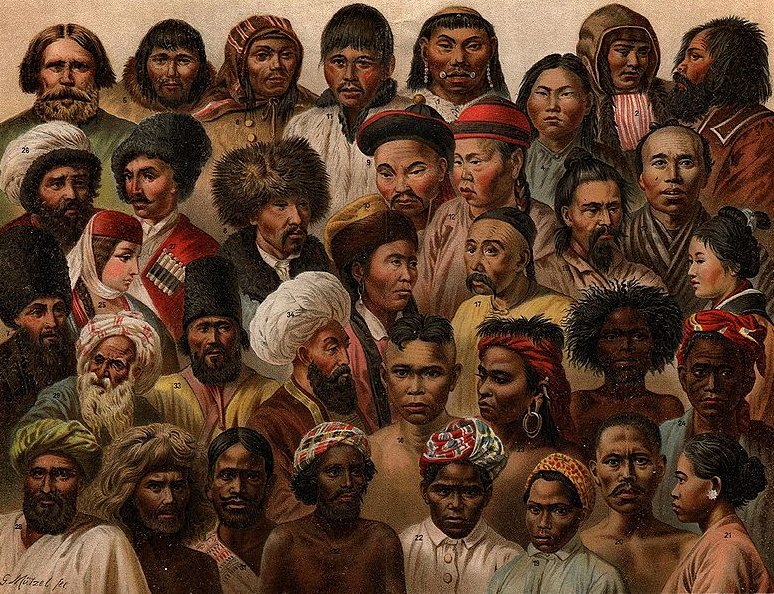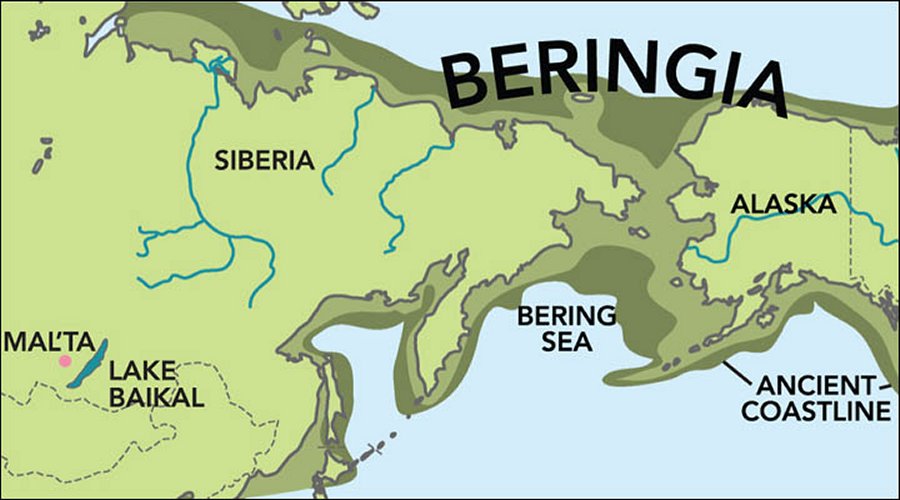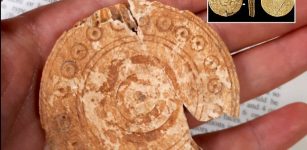Ancient Trans-Atlantic Emigration Theory – Not Supported By Genetic Data, Researcher Says
AncientPages.com - Genetic data does not support ancient trans-Atlantic migration, Kansas University professor says.
This hypothesis, which was recently supported by several documentaries and publications, has contributed to the population of Native Americans, often called an “Ice Age Columbus.”
“That hypothesis is only held by a very tiny minority of the archaeological community, but nevertheless it gets a lot of attention from people who have a casual interest in American archaeology,” said Jennifer Raff, a University of Kansas assistant professor of anthropology, lead author of a recent article in the journal PaleoAmerica on the issue.

Genetic analyses supports the view that the ancestors of Native Americans arrived in Alaska from Siberia across the land bridge known as Beringia and not from Europe or the Middle East [Credit: Painting by G. Mülzel via Wikipedia
Researchers concluded that genetic data scientists have recovered to date only supports a migration from Siberia into the Americas and does not show evidence of earlier migrations from ancient Israelites or inhabitants of what is now Europe.
The Solutrean hypothesis a trans-Atlantic migration, suggested that the North American Clovis culture dated roughly 13,000 years ago was directly descended from the Solutrean culture of southwestern Europe dated roughly 23,000 years before present.

“When you look at the complete genome of ancient Native Americans up until now, we see no evidence for ancient European ancestry.”
Raff and Bolnick, however, they didn’t find anything consistent with a possible early trans-Atlantic migration. said in analyzing all recent genetic studies of the earliest Native Americans
“When you look at the complete genome of ancient Native Americans up until now, we see no evidence for ancient European ancestry,” she said.

Genetic data scientists have recovered to date only supports a migration from Siberia into the Americas and does not show evidence of earlier migrations from ancient Israelites or inhabitants of what is now Europe.
Proponents of an early trans-Atlantic migration typically point to a similarity in the tools used by Clovis people — ancient Native Americans — with the early Solutrean hunter-gatherer people in Europe, Raff said.
However, most anthropologists and archaeologists consider that a coincidence, especially because the genetic evidence thus far doesn’t seem to support the early trans-Atlantic migration.
Raff said it was important to accurately examine the populating of the Americas, especially because many times in American history those who favor the idea of a European influence upon Native Americans have used that to take away from their tribal sovereignty and cultural achievements.
“That is really troubling not just because it’s bad science, but also because it’s trying to disassociate contemporary Native Americans from their history,” Raff said.
“Even though I don’t believe authors of the Solutrean hypothesis intended it this way, it’s just another facet of that move to separate Native Americans from their ancestors.”
AncientPages.com
source: University of Kansas




















